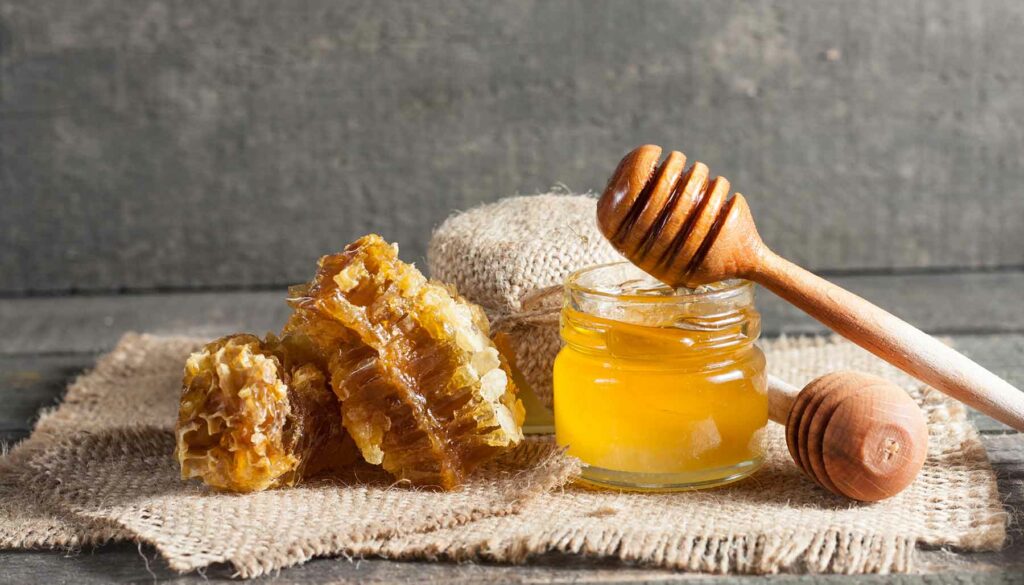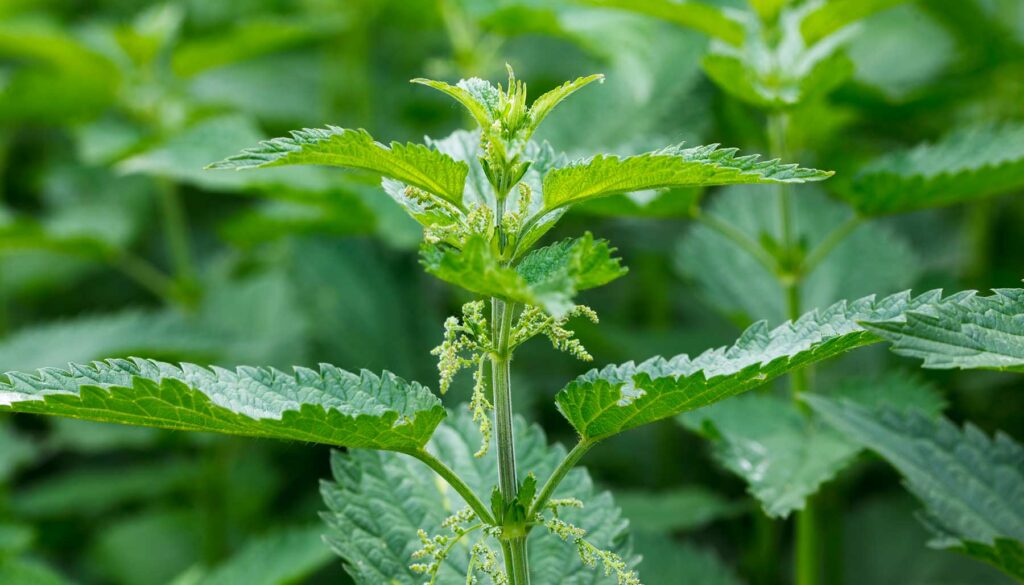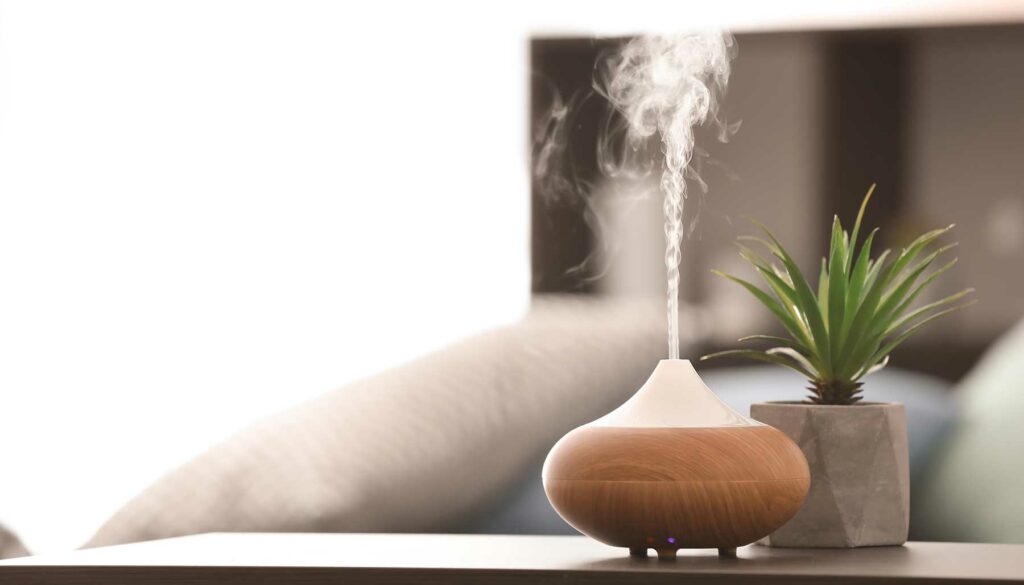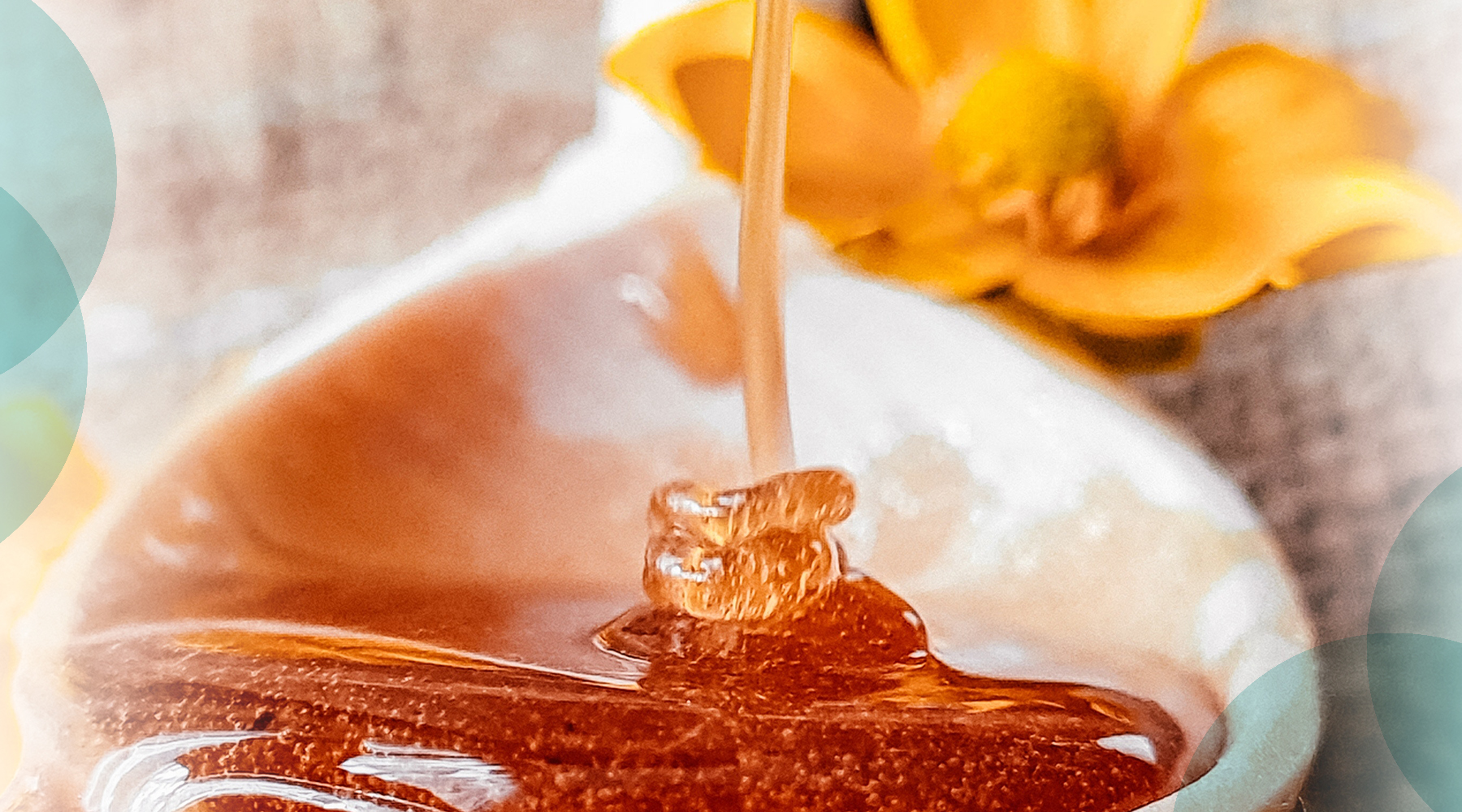When we talk about allergies, we’re often talking about springtime. Spring’s allergy season can start as early as February in some parts of the United States, and then ravage your sinuses all the way through early summer.
That’s because spring is when everything wakes up! Trees start producing pollen, flowers pop up everywhere, and the grass begins. We also see more rain during this time, which not only results in more rapid plant growth – which comes with more pollen production – but can also lead to a spike in mold spores. Airborne allergens for everyone!

Of course, there isn’t just a single allergy season. There are actually a few different allergy seasons. That’s because airborne allergens cause allergies, and they aren’t limited to a few months per year. Summer is a key allergy time because people tend to start heading outside a lot more. We’re still seeing tree pollen, grass pollen, mold, and more that start up in spring. Grass varieties really amp up during the hot months. This is also when ragweed allergies flare-up. Like in the spring, mold spores are still a concern.
As we move into fall, ragweed is still hanging around as the main culprit of autumn allergies. Depending on where you are, it starts pollinating in late summer and can continue as late as October or November. And hey, those pesky mold spores can be hiding in damp leaves.
We can’t forget about indoor allergens, too. From pet dander to mold spores, dust, and even houseplants, plenty of irritating substances can provoke allergic reactions in people. Technically speaking, you could be suffering allergy symptoms for the entire year, and that’s a lot of sniffling.
Natural Remedies Can Provide Extra Relief
There are plenty of medications to help treat allergies. You’ll find both prescription and over-the-counter options available. I am certainly not telling you not to use these medications! But I do know that sometimes, it can be helpful to supplement them with other natural remedies, too. These can provide additional relief on top of what you are already using. This is especially helpful for times when allergens are at their peak.
Home remedies can also provide simple, cost-effective solutions for people who cannot take over-the-counter or prescription allergy medications. These are natural alternatives that may not have the same side effects as traditional medications.
As with anything else, everyone will respond differently to different remedies. If one doesn’t work, another might. You will have to try different ones to see what works best for you. Always double-check with your healthcare provider to ensure there won’t be any interactions with other medications you are taking.
So, without further ado: let’s check out some seriously helpful natural remedies! They will (hopefully) have you sneezing less and feeling fine in no time.
Local Honey

Before we talk about honey, we need to clear something up. A popular theory is that consuming locally-sourced honey could help alleviate allergies by exposing you to the allergens that trigger your symptoms. On the surface, it makes sense, right? However, most people with seasonal allergies react to tree and grass pollen, not the pollen that bees collect from flowers. And currently, there isn’t much scientific evidence to back this up as an allergy remedy.
Regardless, there is no harm in trying local honey for relief. While it may not work by exposing you to allergens (almost like a shot!), it could offer comfort in another way. Honey is a very effective treatment for a sore throat, and it will provide immediate relief and work to reduce inflammation.
I do have to mention that some people who are allergic to bee stings may also be allergic to honey, and you should never give children under the age of 1 honey because there is a risk of botulism.
Common Nettle or Stinging Nettle

Urtica dioica, better known as stinging nettle or common nettle, is a natural antihistamine. Yes, I’m talking about that herbaceous flowering plant that most people deem a weed! Stinging nettle has been used for generations to help relieve seasonal allergies, but it’s not just an old wives’ tale. Here is a study that showed nettle extract affected key receptors and enzymes associated with allergic rhinitis (hay fever).
It’s not much more complicated than just walking outside and picking some nettle from the front yard if you happen to have it growing. The leaves of stinging nettle can be used to brew tea. You can also dry nettle leaves and grind them into a powder, which can then be added to smoothies or even capsules. Of course, you can also purchase capsules, tablets, or creams containing Urtica dioica.
Quercetin
Quercetin is actually an antioxidant that is found naturally in green tea, apples, citrus fruits, broccoli, onions, and other foods. Advocates of natural remedies are usually fans of quercetin, which may have antihistamine effects. It’s been linked to reduced inflammation.
To take advantage of quercetin’s benefits, you can just add more quercetin-rich foods to your diet. You can also find quercetin dietary supplements in capsules and powders. If you go this route, look for supplements that include other compounds, such as vitamin C or bromelain, to help increase absorption – as quercetin on its own isn’t absorbed very well.
Butterbur
No, I’m not making a Harry Potter joke! Petasites hybridus, also known as butterbur, is a perennial flowering plant. It has been used medicinally for centuries. It has been used to treat cough, asthma, and skin wounds. During the Middle Ages, it was also used to treat fever.
When it comes to allergies, Petasites hybridus helps alleviate symptoms of ocular allergies. It may also help with hay fever symptoms, as well. To take advantage of this plant, it is taken orally as an oil extract or in pill form.
Some butterbur products may contain Pyrrolizidine alkaloids (PAs), which can harm the liver or cause other serious side effects. It is found naturally in the plant and must be removed. Only use butterbur products that are certified as being free of PAs. It’s also worth noting that Petasites hybridus is part of the daisy family, so you should avoid using butterbur products altogether if you are allergic to plants in that family.
Essential Oils

I promise that I am not one of those people who claim essential oils can cure everything, but there are a few that might help mitigate allergy symptoms. Oils such as peppermint and eucalyptus can help with congestion, and the cooling sensation when breathing the scent can also help you feel relief. These, along with tea tree oil, can also help with allergies because they are recognized as an anti-inflammatory.
A few years back, a study was done concerning the inhalation of essential oils and their effects on allergic rhinitis. Participants inhaled sandalwood, frankincense, and ravensara oils. They reported improvement with symptoms such as blocked nasal passages, runny or itchy noses, and sneezing.
If you choose to diffuse essential oils into the air, be careful around pets. Essential oil diffusers are particularly harmful to cats, who don’t have the enzyme needed to metabolize the essential oils. Cats are also very sensitive to phenols and phenolic compounds, which are found in some essential oils.
HEPA Air Filter
Whether you are fighting outdoor or indoor allergens, a HEPA filter can do wonders for you. It will trap airborne irritants as small as .3 microns. They will get rid of pollen, dust, and more. Whole-home air filtration systems can be installed within your HVAC system. Or, you can pick up a stand-alone air purifier that utilizes HEPA filters.
While this solution can only be used indoors, it can help reduce symptoms across the board – even if you’re allergic to pollen and other outdoor allergens. All those pollen particles outside do make their way indoors. And because it is an enclosed space, they linger. It can have you waking up feeling congested before you ever step outside.
For more on reducing allergens indoors and improving your indoor air quality, check out these tips on keeping the pesky particles at bay! You can do yourself a big favor by paying attention to how allergens get inside and taking steps to prevent them.
Avoidance

The cheapest (as in, free) way to naturally fight allergies? Avoid allergens that bother you. Limiting your exposure to whatever is causing your allergic reactions will always be the best and safest remedy. There aren’t any side effects to be had!
Of course, this might be easier said than done, especially if you are allergic to things that are all around you. We can’t exactly put on a bubble suit to go about our days. But if you’re allergic to springtime tree pollen, for instance, try spending a little more time indoors with a quality air filter. If it’s dust that bothers you, stay on top of dusting by adding it to your daily cleaning routine.













